In 1002, Otto III died at Paterno near Civita in Italy. With no direct descendants, the succession was fraught with tensions. Duke Henry of Bavaria caught the upstream.


In 1002, Otto III died at Paterno near Civita in Italy. With no direct descendants, the succession was fraught with tensions. Duke Henry of Bavaria caught the upstream.
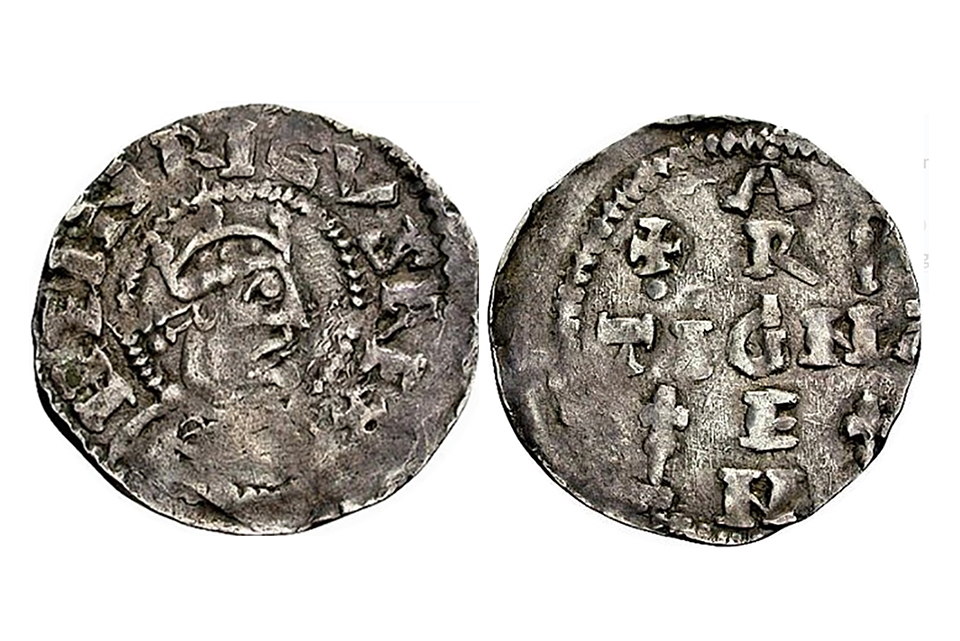
Following nearly a year of negotiations and wrangling, Henry II finally secured his position as King of Germany in the autumn of 1002. The following text is believed to have been personally dictatated by the King in January 1003 arguing his case

In the Early Middle Ages, kings were elected by their peers according to charisma, wealth and ability to wage wars. Later, however, rulership became dependant on dynastic succession and the endorsement of the Christian church. New research explores this shift in Poland and Norway

When the Holy Roman Emperor Henry II died 1000 years ago, on July 13, 1024, he left behind a rich legacy of books.

This year, the city of Bamberg commemorates the death of Henry II, while the city of Mainz focuses on the coronation of their Emperor Conrad II
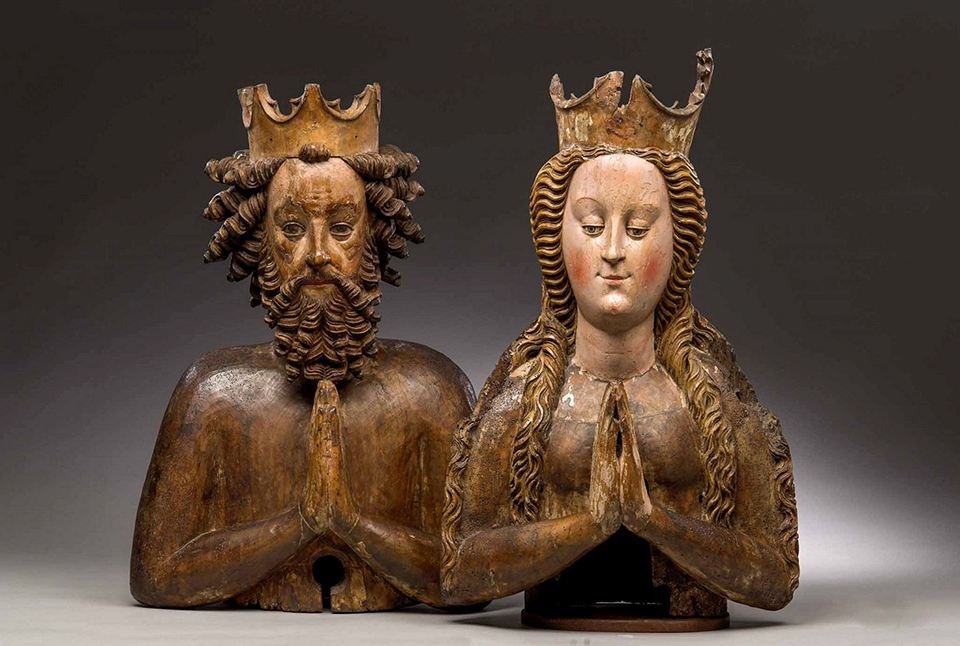
Bamberg will host an important exhibition in the autumn 2024 focusing on the daily life at the imperial court of Henry II and Cunigunde

Two new books explore in detail the precious and unique imperial garments preserved in Bamberg Cathedral's treasury
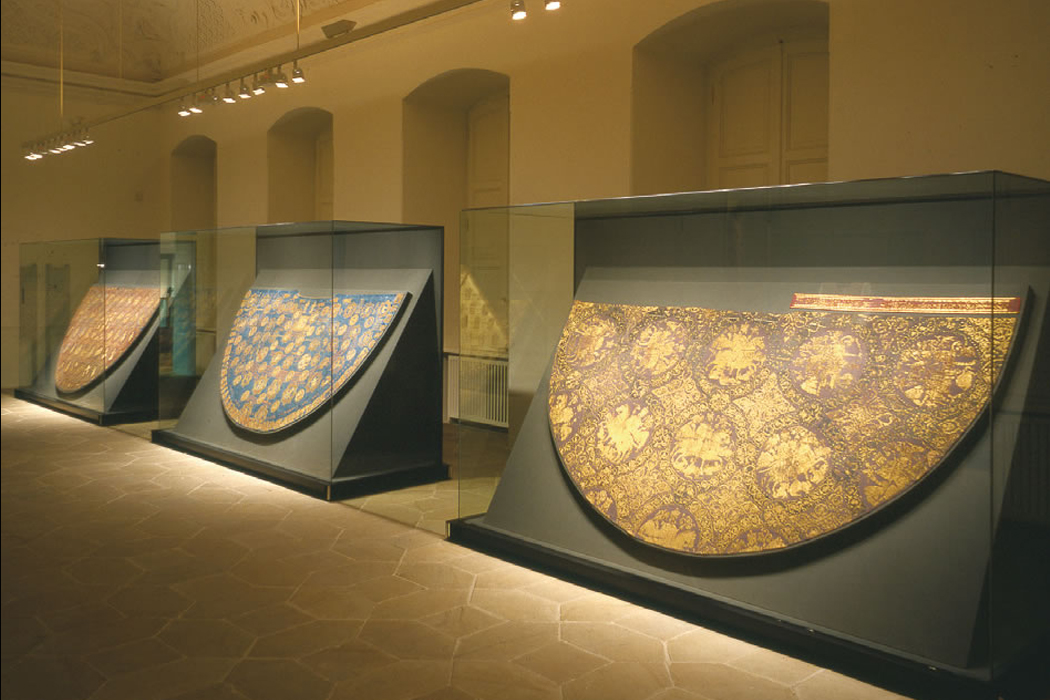
The 11th century Imperial Robes in Bamberg are some of the oldest preserved royal garments. They form a unique ensemble from the 11th century. New research project aims to get a better understanding of their original design and outlook.
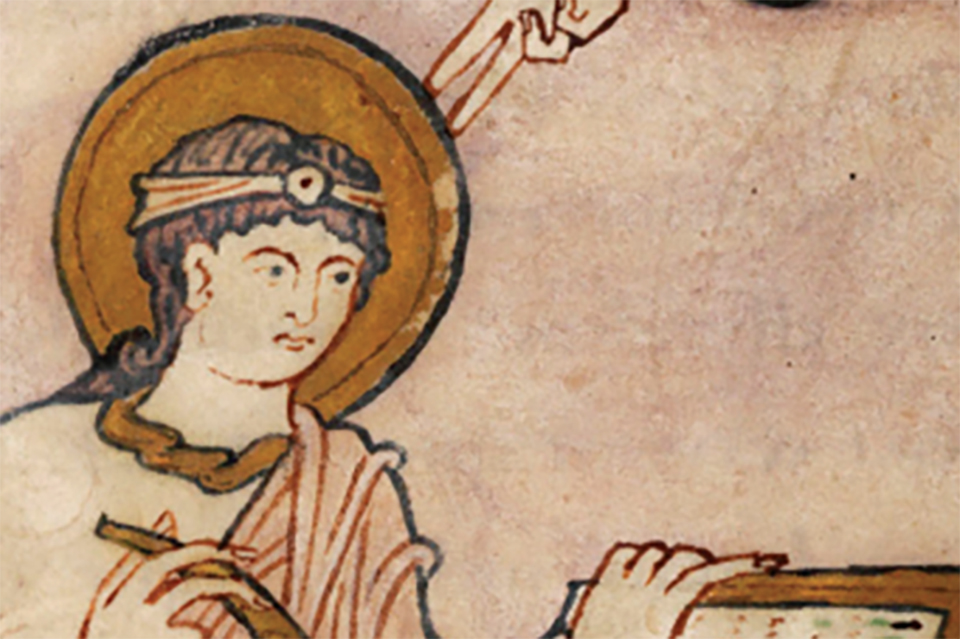
In 2023 Worcester commemorates the 1000th anniversary of the death of Wulfstan, Bishop of Worcester (1002-16), Archbishop of York (1002-23), and revered uncle of St Wulfstan (1062-95)
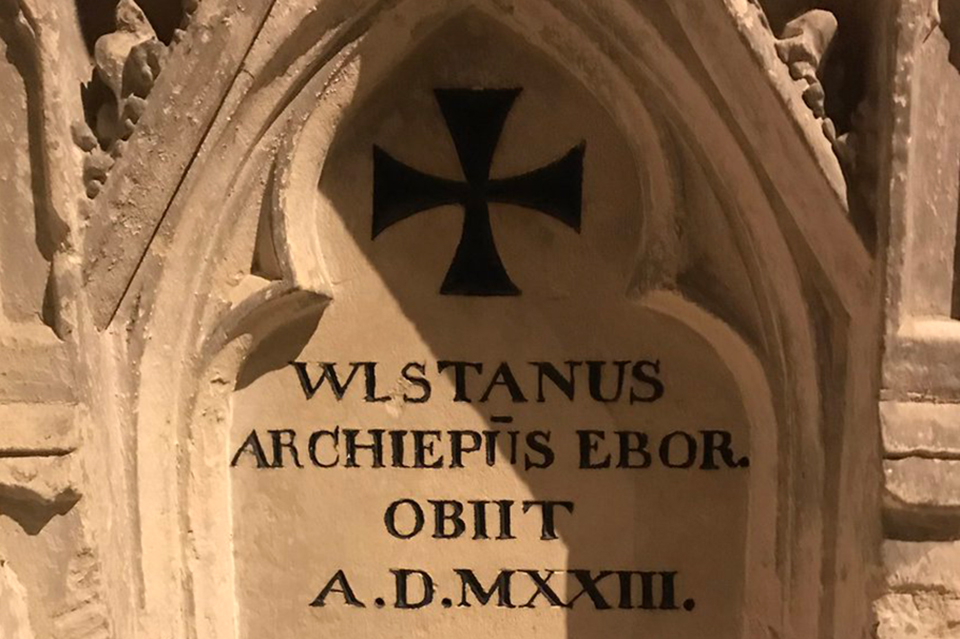
Wulfstan played a significant political role in Anglo-Saxon England at the turn of the first millennium and the events surrounding the political and personal demise of King Æthelred, and the conquest of Sweyn Forkbeard and Cnut the Great
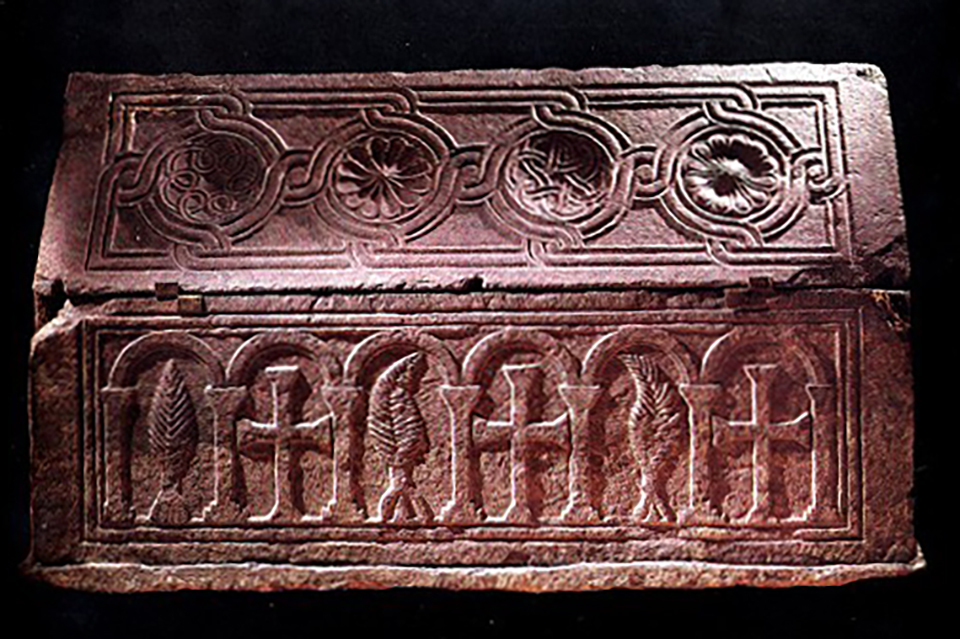
Vladimir the Great is remembered as the founding father of the Kievan Rus'. a succesful viking warrior, he lost his barbarian aura in later chronicles.
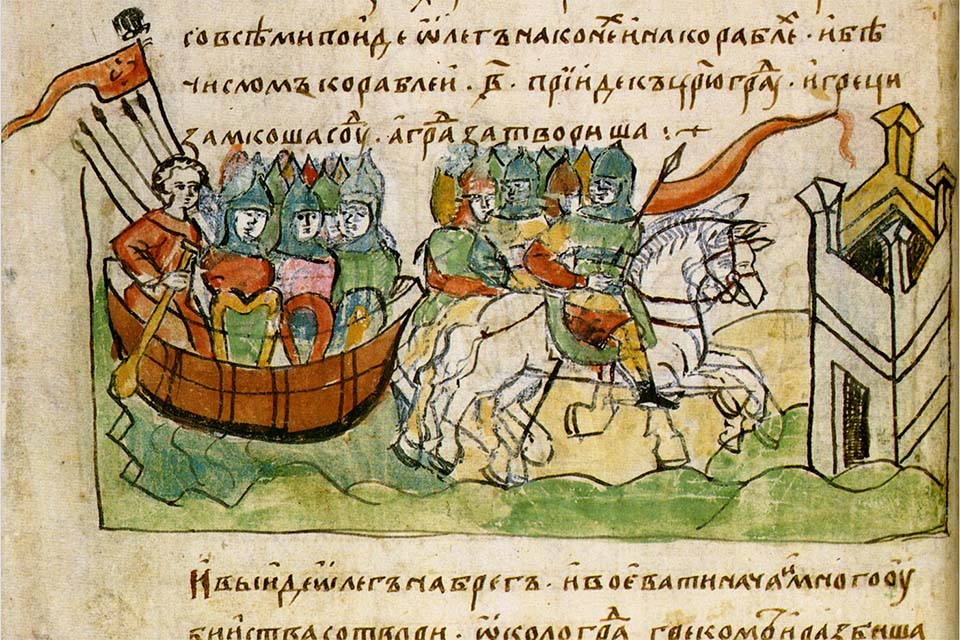
Putin' Orthodox worldwiev calls for him to play the leading role in the reenactment of the medieval Kyivan Rus'.
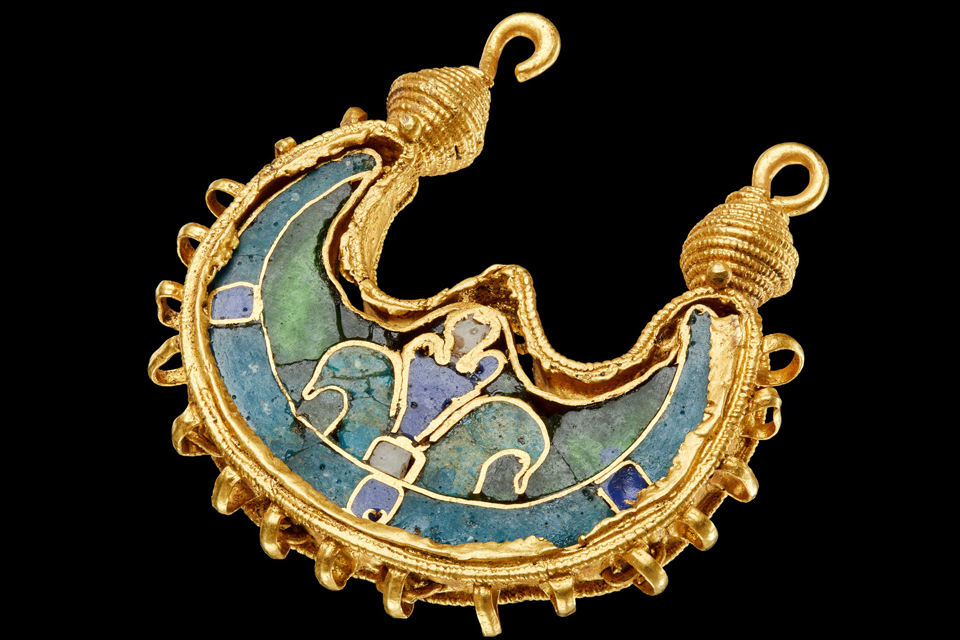
Unique 11th-century earring made of gold with cloisonné enamelling from was recently discovered by a metal-detector in Western Jutland. The earring likely derives from Byzantium or Egypt.

For nine centuries, the Cathedral in Odense has held the relics of a Danish King, Cnut the Holy and his brother Benedict. Both were murdered inside St. Albans in AD 1086.
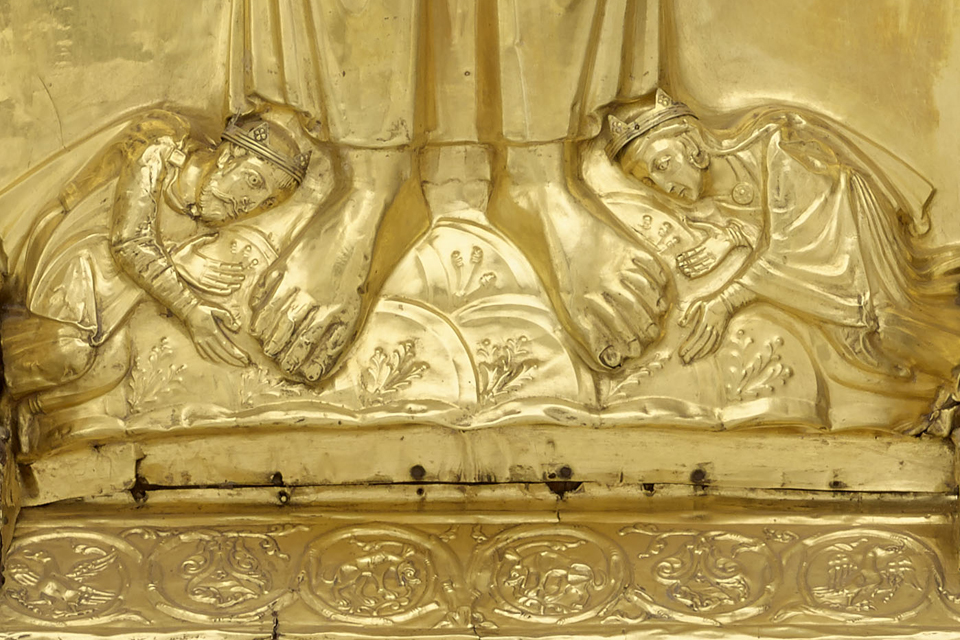
In 1019 the Holy Roman Emperor, Henry II, took part in the consecration of the Minster in Basel. A major exhibition marks the anniversary

Norway is known for its 28 magnificent stave churches from the 12th – 13th century. New technique provides new and earlier dating of these precious medieval monuments